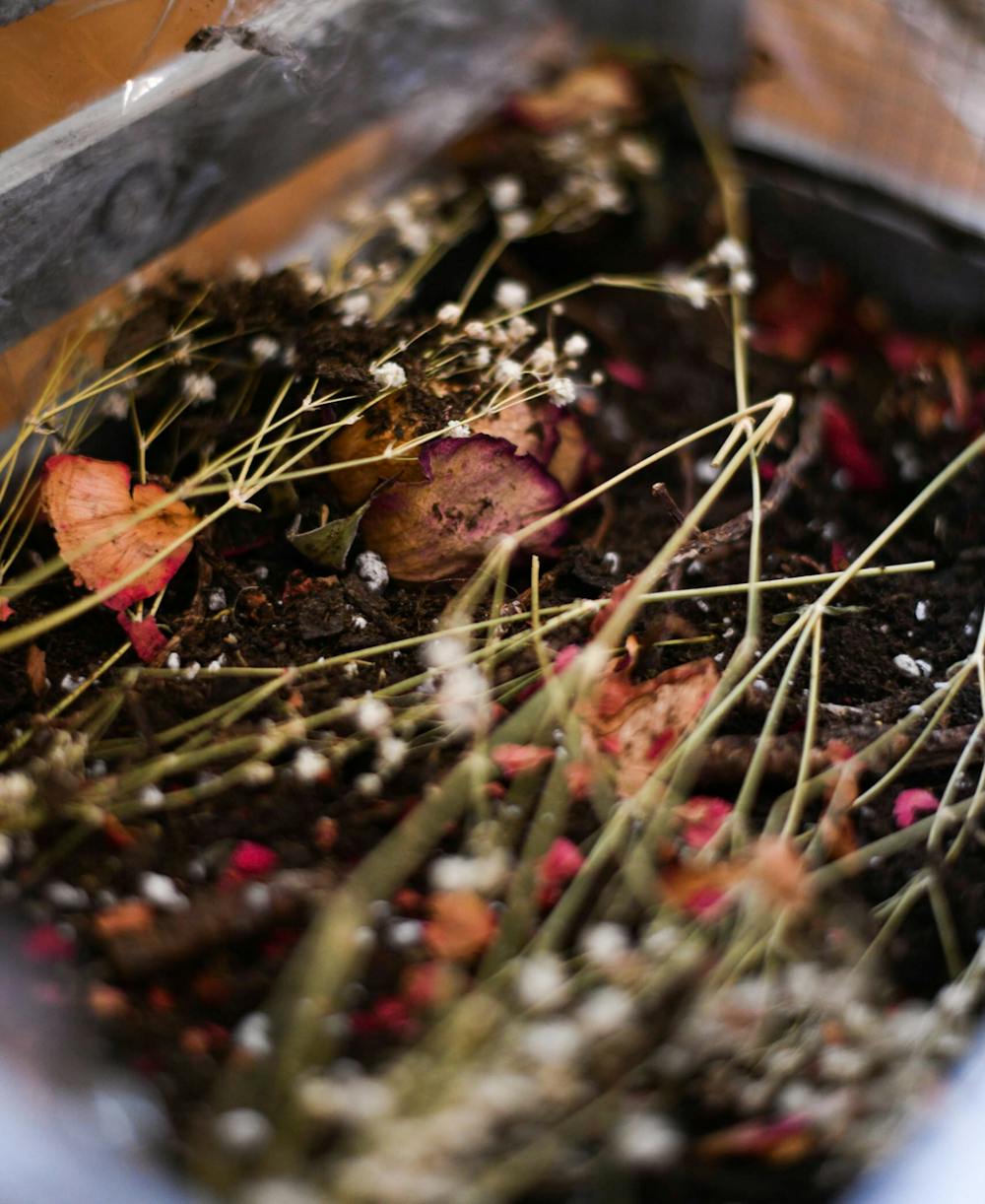Earth Day is quickly approaching, but there is always an opportunity to give back to the environment.
Kirk Iversen, a professor in crop, soil and environmental sciences at Auburn, is here to lend his suggestions for how to reduce food waste and make the most of recycling.
One of the easiest ways to discard food waste is through a process called “food composting.”
“Food composting is a natural process of recycling food scraps into organic fertilizer that can enrich plants and soil,” Iversen said, “You can compost your food by making a simple compost bin or pile and putting all of your food and yard waste into it.”
Food composting has many environmental benefits, including decreasing the waste that is generated in landfills and reducing methane emissions.
According to the United States Environmental Protection Agency, composting food can also reduce the need for chemical fertilizers and encourage the production of beneficial bacteria and fungi that break down organic matter to create a more nutrient rich matter.
Iversen said that while choosing to aerate the food will help to speed up the decomposition process, it isn’t necessary for the process.
According to plantnatural.com, in order to aerate, it is recommended to create holes that are 3-6 inches apart and reach all the way through the pile, which will help to oxygenate the compost.
If using a bin, you can easily drill holes between 1-2 inches in rows around the can.
It is also important to use bulky items in the bottom of the pile in order to allow the maximum amount of air to circulate through the compost.
“I have backyard chickens, so I just throw most of my food and yard waste into the chicken coop and they do a great job of breaking it all down into smaller materials and aerating it.”
Of course, if you don’t have chickens at your disposal a stick will suffice.
Iversen said that that the easiest way to make a compost pile would be to use a corner in a yard or to recruit friends and housemate to help share the task.
It is no secret that college students live busy lives, which are often accompanied by eating out and making easy, microwaveable meals.
As easy as those options might be, they tend to create a lot of food waste.
“Students tend to eat out a lot, and that comes with a lot of food waste as well as packaging waste. It is a good idea to bring reusable mugs, straws and utensils to minimize packaging waste,” Iversen said, “You can also bring packaging to take leftovers home to reduce food waste and packaging.”
If you do choose to go out to eat at a restaurant, there are several easy modifications that can make you and mother nature smile.
Iversen recommends asking the restaurant for less packaging or bringing your own reusable package to take leftovers home.
“For example, if you have one slice of pizza left over, a restaurant will normally give you a pizza box to take it home in, but you can request a piece of aluminum foil to use instead,” Iversen said.
Food composting is a way to give back to the earth and lower your carbon footprint in the process.
Editor's Note: This article was incorrectly attributed to Sabina Crisitello, assistant culture editor, in The Plainsman's printed environmental edition.
Do you like this story? The Plainsman doesn't accept money from tuition or student fees, and we don't charge a subscription fee. But you can donate to support The Plainsman.

Kara Mautz, senior in human development and family studies with a minor in journalism, is a culture writer at The Auburn Plainsman.





